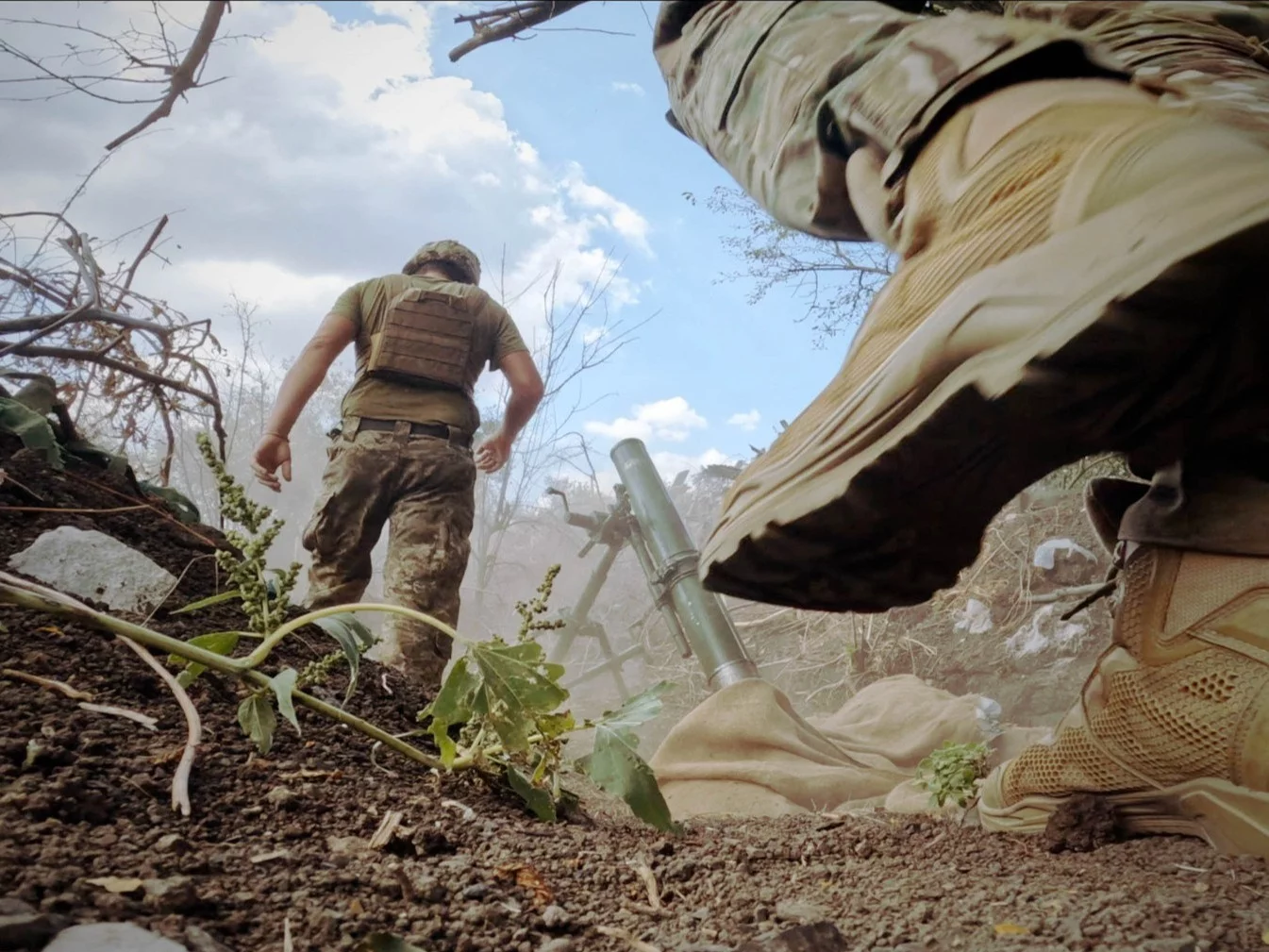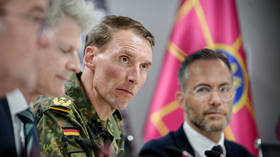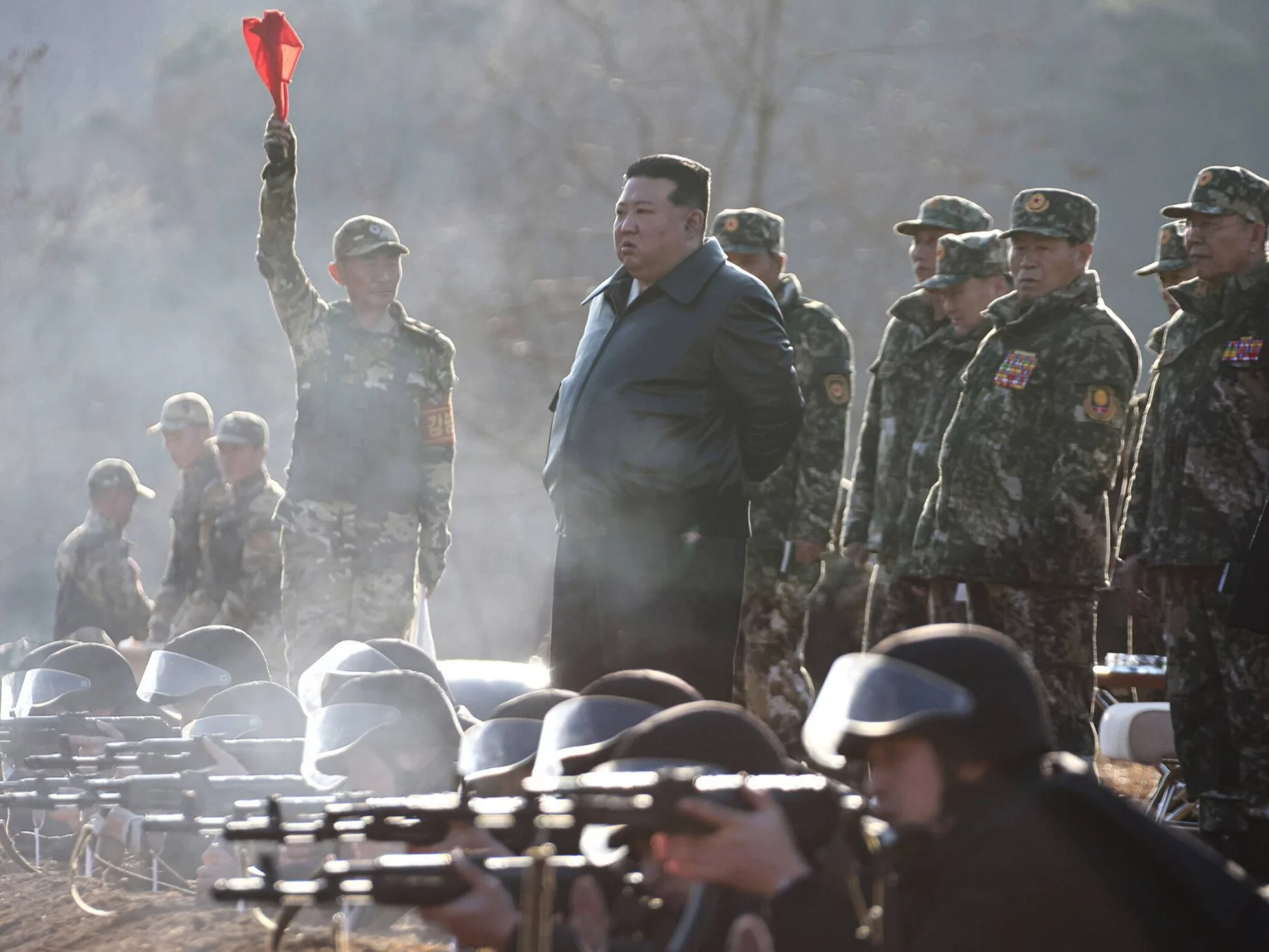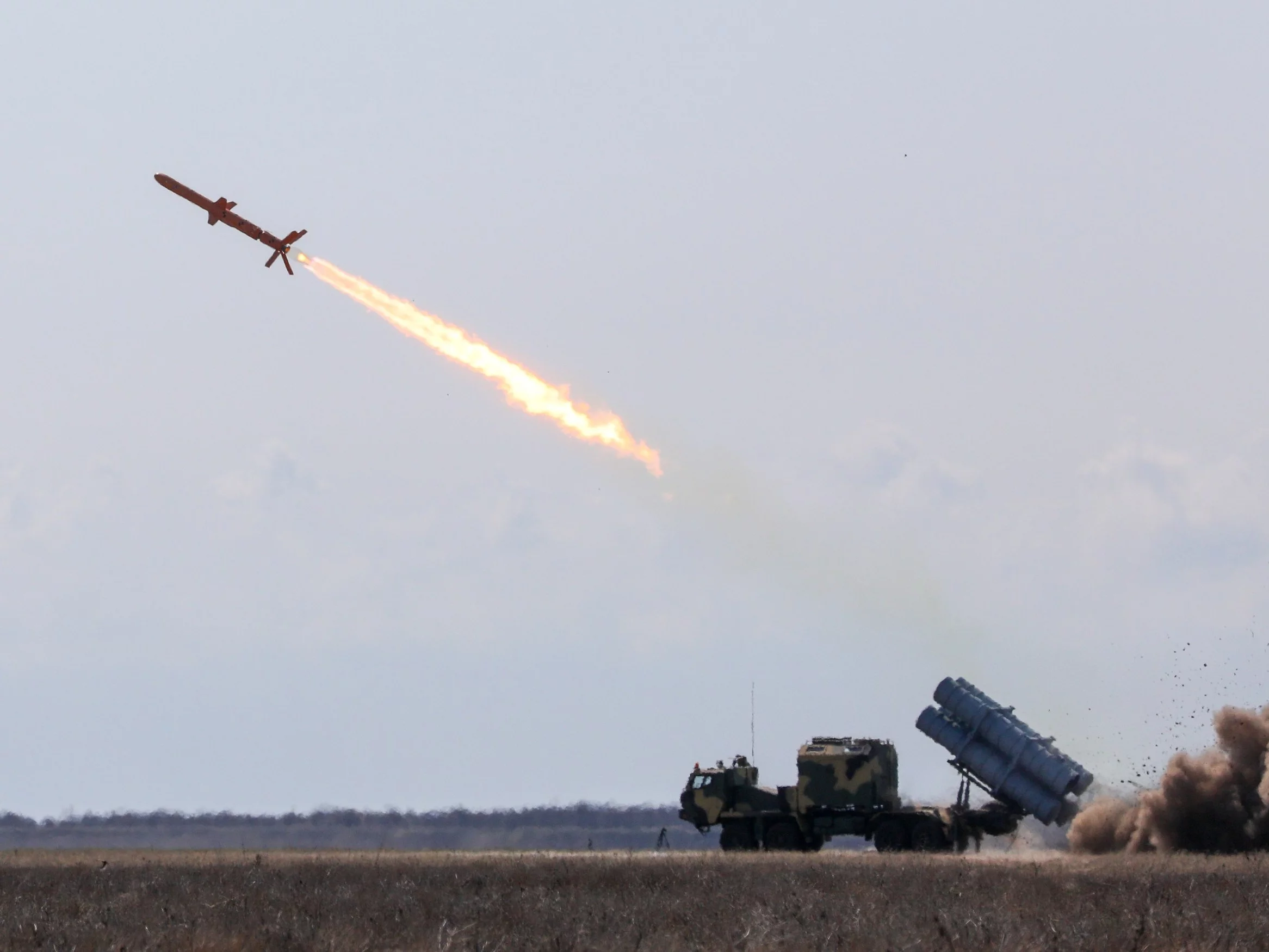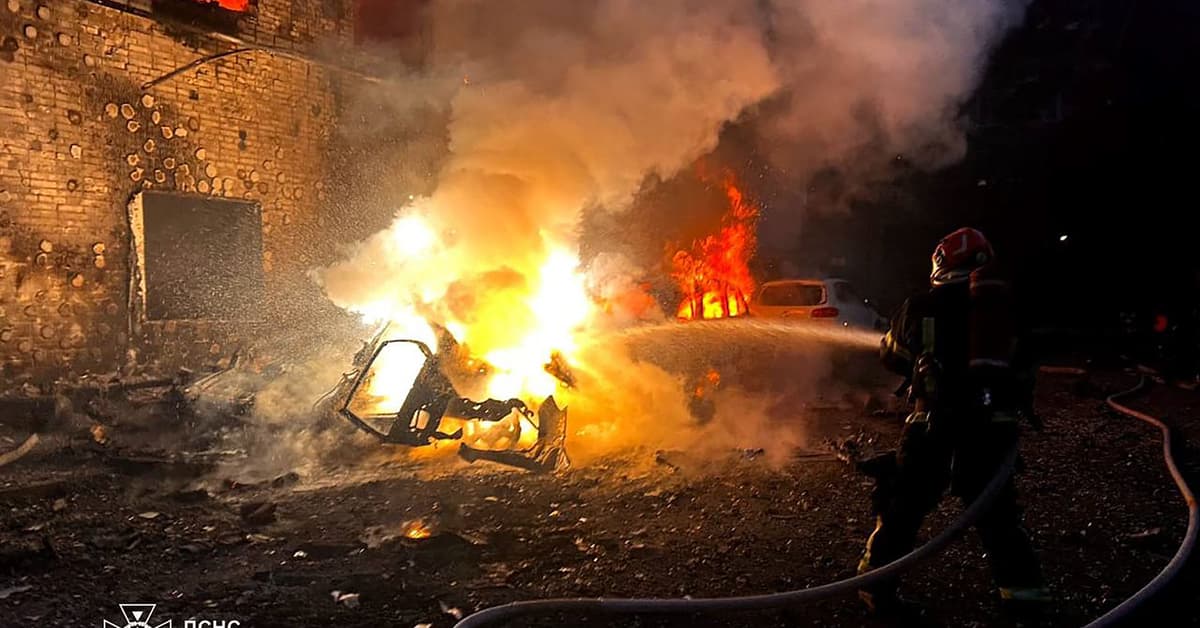War cannot be clearly defined or defined. It is an action so complex and internally complex and experientially profound and severe that it does not yield to universal logical definition, despite its attempts.
It is besides not full expressed in common, everyday language. This is due to the fact that alongside its linguistically praiseworthy ingredients, it contains content that is hard or completely inexpressible in the language of concepts and ideas. War is besides inexpressible full in technological language, and even more in the public language, due to the fact that these languages do not encompass the deepest, most peculiar, and at the same time the heaviest experiences and experiences of war, especially the experiences of horror and absurdity of war, tragedy and barbarity of war.
What is war – simple statements
Serious difficulties, or even inability, arise erstwhile referring to war, especially erstwhile trying to measure the motivations of the immediate perpetrators of war, its legitimacy and purpose, the far-reaching consequences and consequences (unbiasedness and objectivity or average integrity and integrity are usually unattainable in this area of assessment).
The cognitive paradox of war is, among another things, that we "learn" its deepest and most crucial pages not so much based on the investigation and analysis of rational-logical, technological and philosophical, as in its extra-rational experience, in the physical, sensual, emotional, emotional, intuitive-instinctive, so direct, extra-conceptual contact with it, individual experience and experience. Thus, in recognizing the "nature" of war, its anti-human intent and boundless tragedy, and what it actually does to a man, with its human condition and humanity, more useful than technological discourses and philosophical treaties about war, there are, for example, reactions to war and statements of soldiers about it from fields and trenches of battle, the emergence of verbal and emotional mothers of the sons of the fallen, or the "advanced" and in helplessness of the despair of the elderly, when, after the demolition of the war environment of their lives, they are not expected to "do" and something "hopeful" for themselves.
The war reports of talented and courageous war reporters, as well as literary works on the subject of war by large writers who have personally participated in war battles and their effects, in proportion to their different sensitivity and cognitive ability, are besides very valuable. War and PeaceErnest Hemingway To whom the bell is ringing, Arturo Pérez-Reverte Comanche Territory and similar).
What is interesting, however, is how small they had to say about the essence of war and how small they had to say about it, what they decide about it, evoke it and end up, i.e. people of power and business; how weak and biased, frequently even simple and regrettable they bear witness to the meaning and intent of the phenomenon they cause.
By the way, wars are a strong denial of democracy: they have been and are caused by "the few" in opposition or indifference of "the few" and usually with the immediate and short-lived benefit of "the few" and with the large and long-lasting harm of "the few".
Historically earlier wars were more "fair" and upright, little cynical and false compared to the present wars. In general, they did not hide their real causes and goals, that is, they were not in their attachment and perpetuation falsely and propagandaally obscured.
However, it is possible to estimation any cognitive-valued ABC Warwhich, in the fundamental interest of all of us, should now, in the geopolitical situation, be boldly introduced to social communication and effectively promoted.
This may be helpful in any way in shaping our correct attitude towards the wars of present and the expanding real threats of war, as well as in decently recognizing and feeling the present time of the "pre-war" state.
Therefore, in general, it can be concluded that War is the worst of human actions and experiences.
At the same time, it is an action and feeling highly complex and hard – as has already been stated above – to be unambiguous and comprehensively defined, and even more to nonsubjective and intersubjective justification. He besides has something in him of circumstantial fatalism or historical imperative – war inseparably and amazingly regular on the basis of circumstantial historical correctness and necessity, and someway of the constant request for war, accompanied and continued to accompany human history. It can be said that these events, first of all, are the past of wars – despite the magnitude of their evil, civilization and cultural destruction, the immensity of human misery and suffering, the rape and pain of man; his right to life and health, dignity and self-fulfillment, security, peace and peace. In spite of the rape and pain that he has caused against his will and life's attitude, simple human rights and the requirements of humanity.
The request to specify wars more fully
The war is defined most frequently on the basis of its political objectives (defining the opponent, territorial conquest, "warhead", gaining or strengthening political and economical dominance in a peculiar region or geopolitical area, defending independency and "territorial integrity", its own strategy of values and socio-systemic order – e.g. democracy or autocracy of collective security, etc.).
The “classical” word of the Carl von Clausewitz War is frequently taken as a starting point:
"War is only a further series of policies pursued by another means"; "The intent of war is to defeat the opponent and get any prey."[1]
It cannot be disputed that it is grossly one-sided and "heartless", instrumental and politically one-sided, the definition of war.
It gives a marginally flawed “conceptual image” of war and prevents its appropriate judgment. Nor does it lead to a fuller knowing of its essence and anthropological character. In order to properly, in human terms, to “account” for war, it must be defined much more broadly and little instrumentally.
For example, it is essential to take into account its effects – both in the material, factual, and in peculiar in the subjective, human, human sphere, and both in the immediate, visual, "material" and in the long term, predictable and imagined consequences. Nor, in the broader definition and valorisation of war, can it be overlooked the characteristics of its, most frequently very complex, causes (direct and indirect, political and ideological, economical and social, organization and personal) and what is almost usually overlooked in the definitions and assessments of modern wars, namely their profoundly destructive, highly destructive influence on spirituality and humanity and the general anthropological standard of inherent human beings.
Only specified a fuller "image" of war, taking into account not only its political and ideological, military and martyrdom, economical and technological aspects, but besides the anthropological and existential, personality-spiritual and axiological-moral aspects, reflects its overall "nature" and the character of this peculiar and anti-human phenomenon, and can foster the improvement of proper, "correct" attitudes towards it.
And the incomplete and one-sided, instrumental and objectified (now dominant) image of war helps to legitimize and publicize it.
 Kiev, man pushing a water bottle cart, summertime 2022, photo. Dmytro Tolokonov he Unsplash
Kiev, man pushing a water bottle cart, summertime 2022, photo. Dmytro Tolokonov he UnsplashWar and Human Nature – Pacific
Modern wars are straight portrayed – they film, photograph, publicize and comment on war correspondents, especially direct reporters, operators, “sounders”, photographers. It is they who, working “on the border of life and death” for the press and tv on modern war fronts, as it were, live and vividly “portrait” the war. In doing so, they exposure the "dark corners" and the "animal impulses" of the nature of modern man – small different, and frequently as if enhanced and sharpened compared to the "bad side" and nature of historical man. erstwhile we watch on tv or on the net modern "war images", we actually see ourselves, most frequently not realizing a reasonably apparent issue, namely that the interesting "war snapshots" are besides snapshots of who we are or could be.
It is evident that war, or killing each other, in its tragicity, destructiveness and monstrousness, madness and barbarism, She's no alien to human nature.; on the contrary, it is profoundly rooted in it and is frequently an acceptable manifestation of it. Thus, the claim of "inhospitableness" and "inhospitableness" of human nature frequently appears to have been made in the context of war.
The relation of war and war with human nature, however, is very complex and does not come actual on a simple and always equally revealing basis. The complex mechanisms of functioning of this relation govern here. There's no area for a description of this complex and interesting trial.
But it can be said that it frequently happens that the "warriority" of human nature is greatly weakened and reoriented to non-military, peaceful, peaceful tendencies. And that's most likely the main reason for today's pacifism.
Permanent and common room Most likely, however, utopia – but this utopia is very much needed. It cannot be ignored and ignored due to the fact that it is simply a good mention point for thoughts and intentions about the essential human "co-being" or "co-existence". And despite its considerable limitations and unilaterality of pacifism, it cannot be depreciated, diminished, attributed to it the features of political naivety and illustriousity, and consequently – Social impracticability. It is simply a view and a politically crucial and essential drive, and what is more – clearly prohuman and humanistic. It may not destruct wars that are most likely inevitable in human history, but may prolong the “time of peace”, reduce the number of war conflicts and their frequency.
War is inactive the same
The war has various “calculations”; various manifestations, actions and effects: external, physical and internal, subjective; transient and long-lasting; phenomenal, phenomenal and essential, material.
There were, and there will most likely be, various wars, but in fact The war is one, always same, regardless of whether she was active in Troy, Kabul, Baghdad, Sarajevo or, as is presently the case, in Ukraine and the mediate East. It always belongs to the worst of the worst of the most evil, the most monstrous of the most terrible.
It besides has – as has already been said – various causes: political, economic, ideological, geopolitical, business. However, her original sources they are, as is frequently said, in “human heads”, in human nature; it is an crucial emanation and consequence. And of course she deserves, as the top evil, at all costs to avoid, but from the past of humanity it will not be erased, as it is most likely 1 of the integral ways of the existence and activity of the human species. And pacifism is possibly a noble and profound idea, but, unfortunately, indeed impossible to make a lasting realization.
Counts War
External “face” of war. The outer “face” of war is heard, seen and felt. The sound of falling bombs and missiles, the sound of artillery firing, firearm shots, shrieks of rifles and rockets, the roar of aircraft engines, the roar and crack of moving tanks, the cartilage of trodden glass, the groans and screams of dying and wounded, the cries of terrified and immaculate human beings, the cries of children and mothers, the lamentation of helpless old men, the silence of old men. It is seen in this “cover” of darkness and dust, fires and smoke, flashes of explosions and streaks of missiles, ruins of houses and buildings, pours after the detonation of bombs and rockets, rubble and widespread disorder, deserted cities, villages and settlements, “fresh” or decaying bodies of killed people and animals, tired and dirty soldiers, terrified and dulled civilians, excited war reporters and various refugees, people strayed, etc. The odor of burned wood and plastic, dynamite and gunpowder, oil and gasoline, the odor of decaying human bodies, animals, products, and decay is felt sharp.
“This odor is nowhere else, and it accompanies you for many days, fixed in your nose and in your clothes, even if you bathe 20 times and you don’t know how long it has gone. (...) It is impossible to convey in a minute and a half the correspondence for the message what a man feels erstwhile in the ruins of a home – among broken furniture, dirty curtains torn to pieces, under a painting on a wall cut by a series of rifles – at the same time he finds on the ground an album with household photos, trampled in ash, deformed by rain and sun. A man smiles at the lens. An old man with 3 girls on his knees. A woman, inactive young, pretty, with tired eyes and a grin distant and sad, as if she had a bad feeling about herself," writes a war reporter.[2]
This is frequently accompanied by a characteristic war space, named in the slang of professional war reporters ‘Comanche Territory’. “The Comanche territory is simply a place where you hear the glass squirting under your shoes, and although you can’t see anyone, you know you’re being watched. That's where you don't see barrels, but barrels see you.”[3]
The interior “face” of war. War, all war, besides has deeper, internal, even more "inhuman" and monstrous "face". It is simply a subjective, survivalal, individual manifestation of war, in which its essence, essence, profound property, universal fact about it and the most powerful symbolism are revealed.
Thus, the interior “face” of war, that is, in general, experiencing large fear, fear and fear, interior tension and shaking; it is profound suffering, physical and spiritual pain; experiencing all kinds of rape and enslavement; it is frequently a sense of losing everything that has happened, all of the “afflict of life”; it is an increased sense of fragility of everything, especially the life of one's own life and the life of others; it is simply a constant “looking into the eyes of death” and a broad, immediate perception of it; it is actually a constant anticipation of it; it is an reflection of demolition of everything, including symbols of culture and religion; it is simply a perception and experience of cruelty, catastrophe and barbarity, it is an extraordinary sadness, which is devastating for loneliness.
First of all – in general – it is impossible to specify Horrible. The horror in which 1 can see – according to A. Pérez-Reverte – the essence, the essence of war, even though 1 cannot come to the full fact about it. But 1 can experience or see the horror of war, e.g. in the look of a kid in a war, accusing the elders of pain that he knows no cause; in the expression of the face of old men and old men, mothers and children protecting themselves from bombs in the dark cellars; in the moods in the home of old men during the war, or in the emptiness in the eyes of a soldier to be shot.
“The horror can be lived and shown, but the fact about it can never be given. People think the worst in war is blood, killed, wounded. But horror can be as simple as the look of a kid or the emptiness in the eyes of a soldier to be shot. Or the sight of an abandoned dog who is limping behind you (...) Sometimes the horror lies in the home of the aged (...) in the basement—in which, for example, there are children, a woman, an old woman.” “It truly is always the same barbarism:... it is always the same war. There is 1 war: any bluesmen in different uniforms shoot each other, dying of fear, in holes full of mud, and an crucial boy of a bitch sits and smokes cigars in an air-conditioned office, somewhere very far away, invents flags, national anthems and monuments of an unknown soldier, without getting dirty with blood or shit. War is business for retailers and generals, (...). The remainder are fear.”[4]
The "real" war has other, very broad and varied bizarre external and interior "calculations". It has its warlike peculiarity and unique amazement, features seemingly unbelievable and to the highest degree astonishing, sometimes even stunning, or, as it may seem, seemingly impossible and unrealistic.
Finally, it might be good to ask itself whether the above-mentioned author and the war rapporteur deserves to be accepted, to the designers of a new, "smart", increasingly deadly and destructive weapon and to today's arms dealers and its producers, to business, without the scruples of the war, and especially to those who are anxiously easy deciding to start a war, the word "murderer"?
Footnotes:
[1] Carl von Clausewitz: About War, crowd. A. Cichovicz, Bellona, Warsaw 2022, p. 26.
[2] A. Pérez-Reverte: Comanche TerritoryThu. J. Karasek, Warsaw Publishing home Literary Museum SA, Warsaw 2001, pp. 15, 96, 97.
[3] Ibid.
[4] Ibid. pp. 100, 101.

